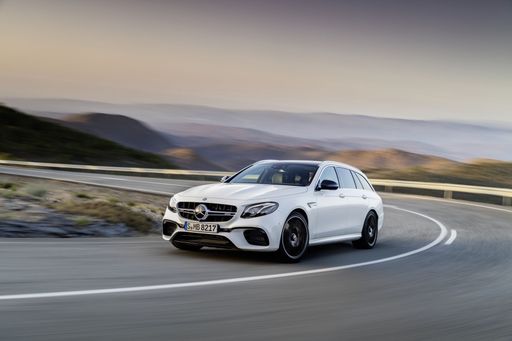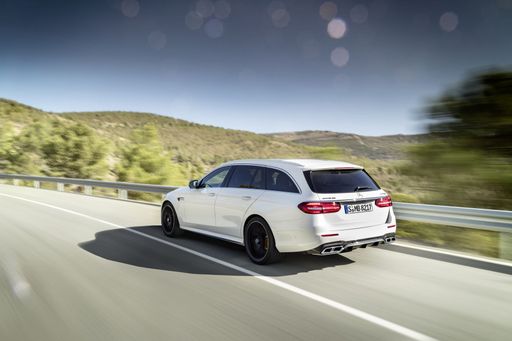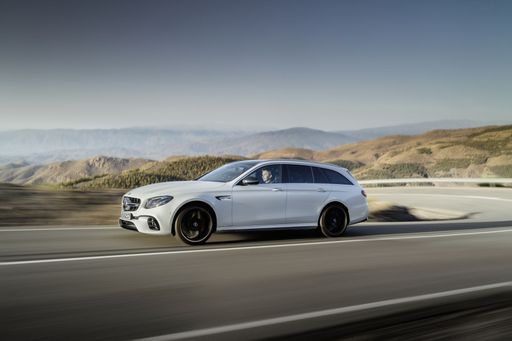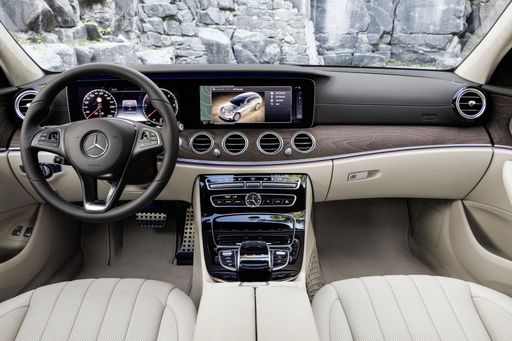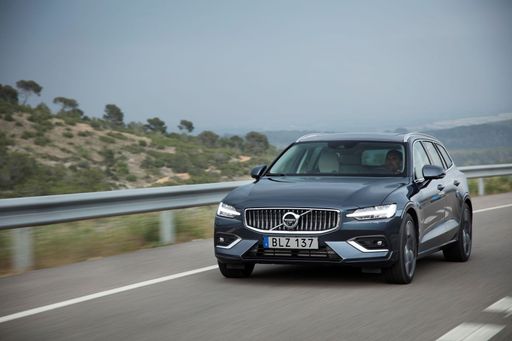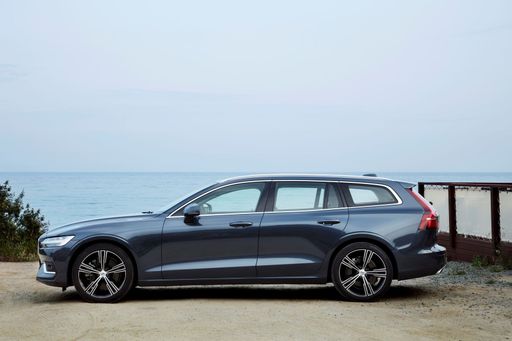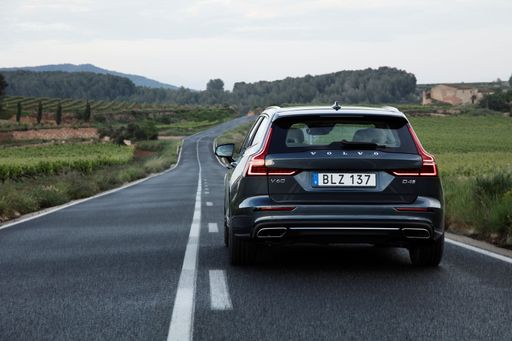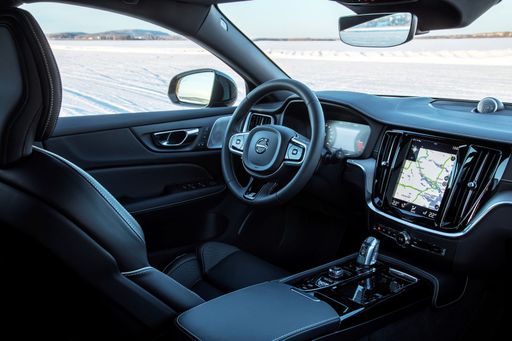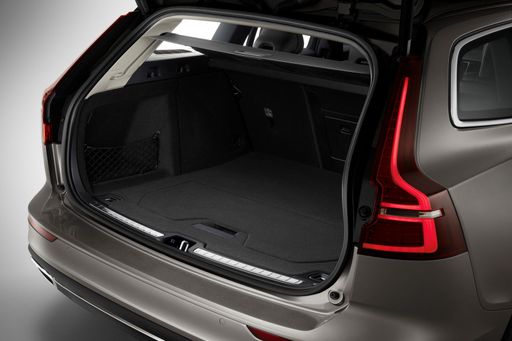Engine and Performance:
Power, torque and acceleration are the classic benchmarks for car enthusiasts – and here, some clear differences start to show.
When it comes to engine power, the Mercedes E-Class Wagon has a clearly perceptible edge – offering 585 HP compared to 455 HP. That’s roughly 130 HP more horsepower.
In acceleration from 0 to 100 km/h, the Mercedes E-Class Wagon is somewhat quicker – completing the sprint in 4.10 s, while the Volvo V60 takes 4.60 s. That’s about 0.50 s faster.
In terms of top speed, the Mercedes E-Class Wagon performs distinct better – reaching 250 km/h, while the Volvo V60 tops out at 180 km/h. The difference is around 70 km/h.
There’s also a difference in torque: Mercedes E-Class Wagon pulls hardly perceptible stronger with 750 Nm compared to 709 Nm. That’s about 41 Nm difference.

